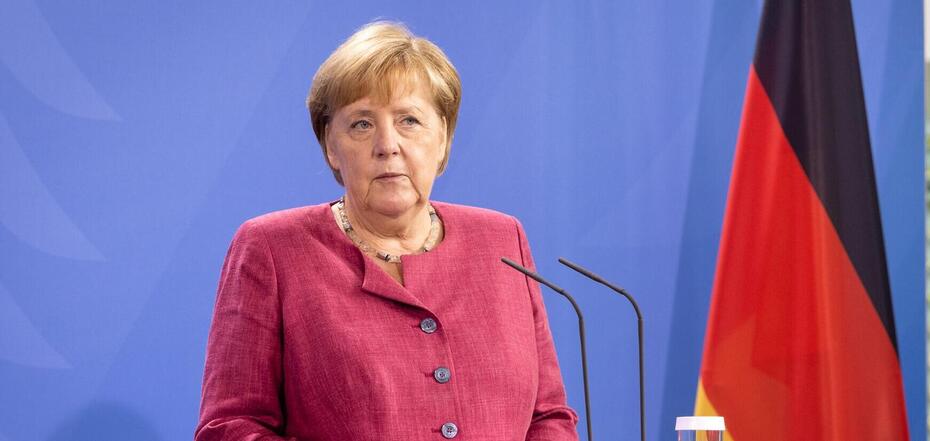World
"I thought it was an illusion": Merkel admits why she prevented Ukraine's accession to NATO
During her tenure, former German Chancellor Angela Merkel prevented Ukraine's rapid accession to NATO, citing a number of factors that she believed were important to the Alliance's security. In particular, Merkel feared a possible military response from Russian President Vladimir Putin.
She outlined this position in her memoirs, excerpts of which were published by Die Zeit. Merkel's policy toward Ukraine during her tenure as chancellor is still criticized in Kyiv.
"I understood the desire of the countries of Central and Eastern Europe to become NATO members as soon as possible," Merkel writes about the decisive NATO summit in Bucharest in 2008 when the plan to grant candidate status to Ukraine and Georgia was discussed.
Merkel noted that the accession of a new member to NATO should increase the security of both the candidate and the entire Alliance. However, she saw risks due to the presence of the Russian Black Sea Fleet on the Crimean peninsula, which created a unique situation compared to other candidates for membership. In addition, she said, at that time only a minority of Ukrainians supported the idea of joining NATO.
"I thought it was an illusion to assume that the candidate status would protect Ukraine and Georgia from Putin's aggression, that this status would have such a deterrent effect that Putin would passively accept the developments. Could it have been imagined then that in an emergency, NATO member states would have responded with military force in terms of materials and troops, and intervened? Could I have imagined that as chancellor I would have asked the German Bundestag for such a mandate for our Bundeswehr and received majority support?" she writes in her book.
As a result, Merkel notes, a compromise was found in which none of these countries received guarantees of protection from NATO.
"The fact that Georgia and Ukraine did not receive a commitment to candidate status was a 'no' for their hopes. The fact that NATO also offered them a general promise of membership was a 'yes' to NATO membership for both countries and a declaration of war for Putin," the former Chancellor summarized.
Earlier, Polish Prime Minister Mateusz Morawiecki criticized former German Chancellor Angela Merkel. He was outraged by her agreements on energy supplies from Russia, drawing parallels with the Molotov-Ribbentrop Pact.
Only verified information on our Telegram channel OBOZ.UA and Viber. Do not fall for fakes!



























